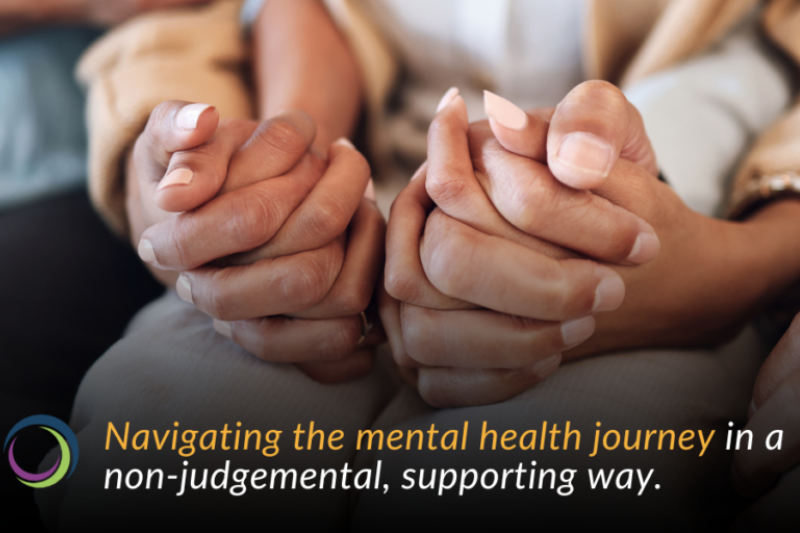

Peer-To-Peer and Guardian-To-Child Mental Health Tips: Fostering Supportive Communication and Nurturing Emotional Well-Being
August 20, 2024 @ 1:00 pm - 2:00 pm MDT
In this session, NTTAC will dive deeper into the relationship of peer-to-peer and guardian-to-child, and share some times during conversations for how to help in the mental health journey of one another, in a non-judgemental, and loving manner.
Peer-to-Peer Mental Health Tips: When it comes to peer relationships (may it be between students, colleagues, friends, or kids), presenters will discuss the significance of open and non-judgmental communication. Creating a safe space where peers can openly share their thoughts and feelings without fear of criticism is vital, and without feeling stigma. Attendees will explore how we can build a strong support system among peers, offering guidance on how to be there for one another during challenging times.
Guardian-to-Child Mental Health Tips: On the other hand, within the guardian-to-child relationship, presenters will delve into nurturing a child’s emotional well-being. Attendees will talk about the importance of setting a foundation of trust and openness so that children feel comfortable discussing their emotions. Providing guidance on active listening and validating a child’s experiences will be part of this discussion. The discussion will also touch upon ways that can help to break the barrier of talking about emotions within the relationship.
Throughout this session, presenters will share practical tips, insights, and strategies to help individuals create a more empathetic environment, whether within their peer group or in their roles as caregivers to children. NTTAC aims to equip you with the knowledge and tools needed to foster emotional well-being and supportive communication in these relationships.
Objectives
- Develop skills in establishing a safe and non-judgmental space for peer communication, allowing them to support one another’s mental health.
- Gain insights into nurturing trust and emotional well-being in guardian-to-child relationships, equipping them with practical techniques for promoting healthy conversations about emotions with children.
- Learn to become more comfortable and stigma-free about talking about mental health, promoting empathy and avoiding offense and isolation, in order to break down the stigma of mental health.